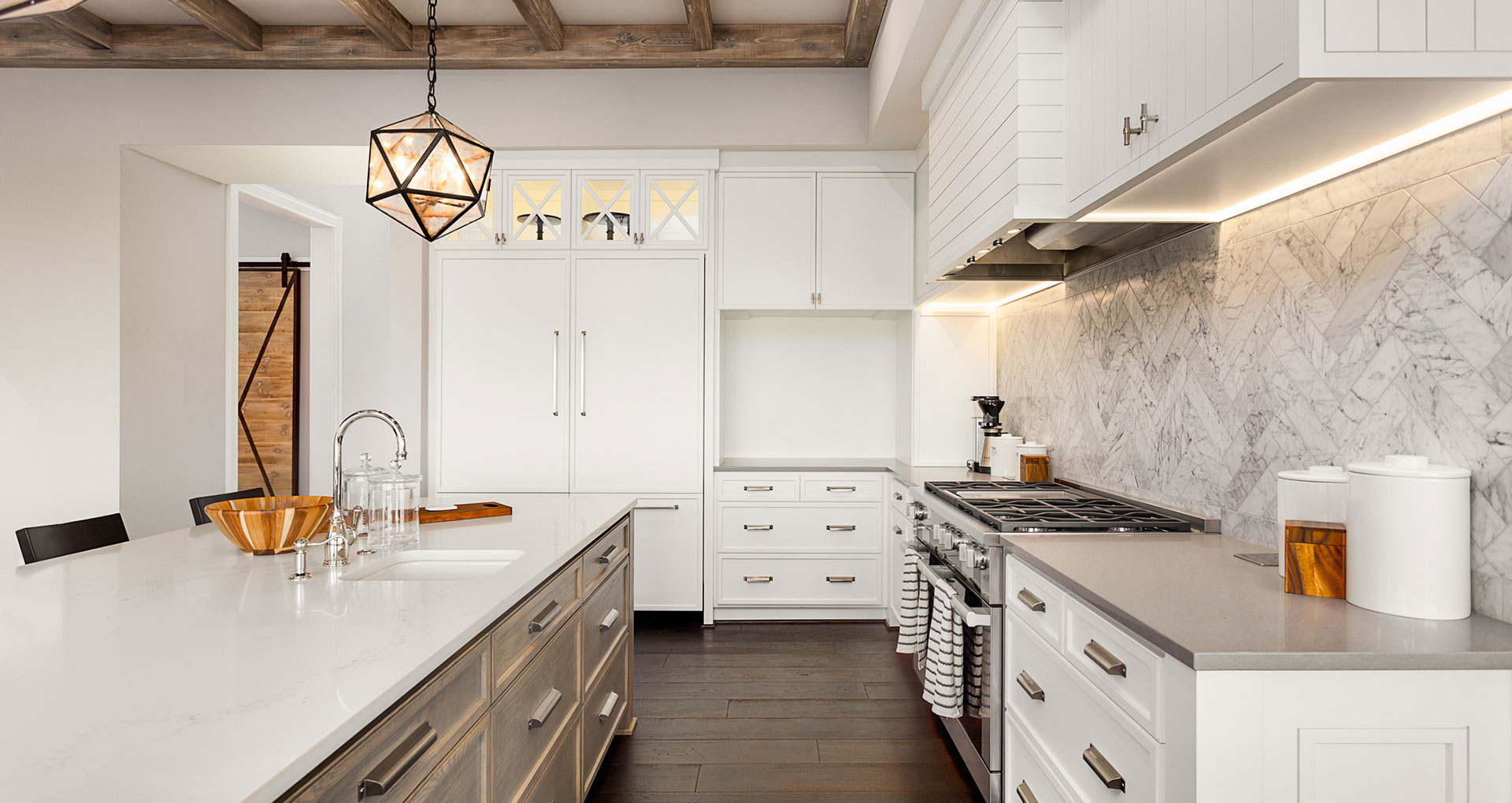You may not have taken insurance seriously before, but it’s time you thought about it. You don’t have to wait until you have a claim. Most homeowners have the same conversations with insurers regarding their plight with uninsured property. Therefore, you need to learn a few things with regards to getting the right insurance. Read on to know a few hints you should consider if you are going to build or purchase a new home.
Get insurance in the first place
Most homeowners do not think about insurance until the last minute. You’ll have a problem with this because an insurance firm won’t be in a position to insure your home. It’s, therefore, important to find out about this before starting the entire process. Perhaps there will be a problem with your home, for starters, location, and the underwriters might not approve the policy.
Constructing a new home will save some cash on your homeowners’ policy
Insurers love new property. Most agents offer up to a 12-year discount on a new home insurance. You’ll be shocked how inexpensive it will become. The highest discount will perhaps be for the first one year, but it will decrease annually up to the 12th year. Therefore, the insurance cost for the first twelve years of your new home will be lower than the cost you would have paid if your bought a house built several years back.
Builder’s insurance covers the builder
If your general contractor carries an insurance, it doesn’t mean that your home is covered when it is built. Let the contractor tell you what exactly is covered under the policy. Don’t assume that you or your home is covered under the builder’s policy.
Beware of the actual cash value policies
Often abbreviated “ACV”, Actual Cash Value policies, are policies you should avoid. If you have heard a horror story about a homeowner who lost a house in fire and didn’t receive enough compensation to rebuilt, this was because they were running an actual cash value policy. Most insurers like to advertise the ACV polices because they are cheap and sound good to a price-conscious customer. However, when a claim is made, the amount of compensation is based on the actual value of the house at the moment of compensation, not the initial capital.
Building smart lowers insurance cost
New technologies and materials used in new homes minimize the probability of an insurance claim, and this lowers your monthly or annual premiums. Stucco sidings fetch more discounts than wood sidings.
Don’t assume
Do not assume what your insurance policy covers and what it doesn’t. Talk to your insurance agent or read the policy document. Know what you’re paying, your deductibles, and what is excluded in the policy.
Know what catastrophes your policy does not cover
A fire policy might not cover soil movements, simple ground shifting, and erosion. Have percolation tests performed before laying the foundation.
Have your policy reviewed and updated regularly
Come up with a list of what you have and hand it over to your insurance agent. When you acquire new items, notify your agent so he or she can add them to your existing policy.
Keep a proper record of your possessions
When making a claim, you need to show the adjusters a proper documentation of your possessions. They need to know the actual value of your furniture, otherwise they’ll consider it an ordinary furniture.
